RV Water Tanks - Page 8
Explore one of the largest selections of RV water tanks on the market and find the right RV water tank for your rig at RecPro. RecPro has everything you need for your RV water system, including fresh water tanks, gray water tanks, and even black water tanks in sizes ranging from small and compact 5-gallon tanks to hefty 100-gallon RV water tanks and larger!
We’ve partnered with Elkhart Plastics Inc., a leading manufacturer of RV and marine tanks, to offer all the tanks and accessories you need, whether you’re tackling a new RV build or just replacing an old tank.
Fresh Water RV Tanks | Tank Heater Pads | Black Waste Water Tanks | Portable Waste Tanks | Gray Water Tanks | Tank Accessories | Tank Monitor Systems | Waste Valves
- Fresh Water Tanks
- Black Water Tanks
- Portable Waste Tanks
- Gray Water Tanks
- Tank Monitor Systems
- Spin Weld Fittings
- Tank Accessories
- Tank Heater Pads
- Waste Valves
-
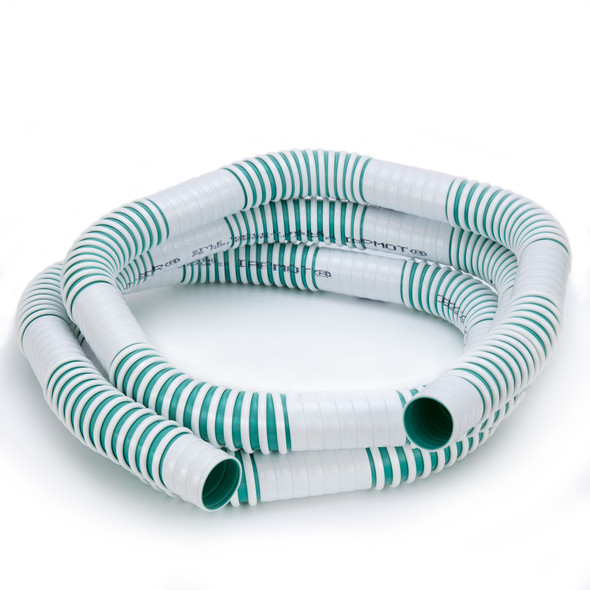
 $23.95
$23.95 -

 $51.95
$51.95 -
img:corner-made-in-america-flag-overlay-80p.png

 $93.95
$93.95 -
img:corner-made-in-america-flag-overlay-80p.png

 $89.95
$89.95 -
img:corner-made-in-america-flag-overlay-80p.png
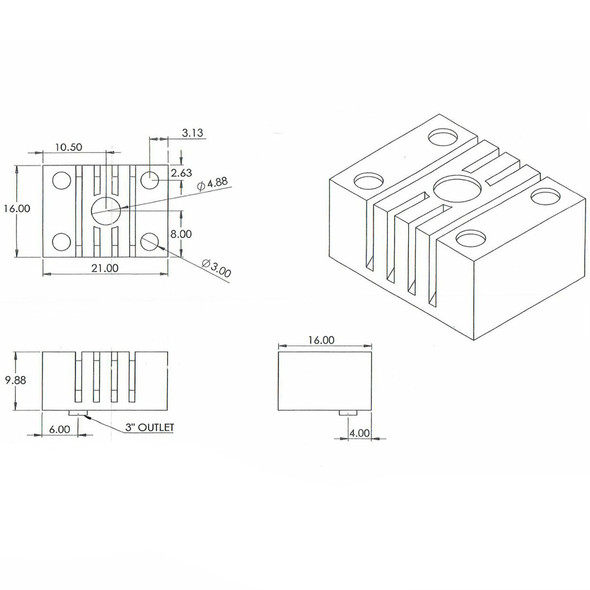
 $90.95
$90.95 -

 $20.95
$20.95 -

 $13.95
$13.95 -
img:corner-made-in-america-flag-overlay-80p.png


RV Horst Miracle Probes | RV Fresh Water Tank Probes | 4 Probes Included
RecPro®
$23.95SKU: RP-T21302VP-4$23.95 -
img:corner-made-in-america-flag-overlay-80p.png
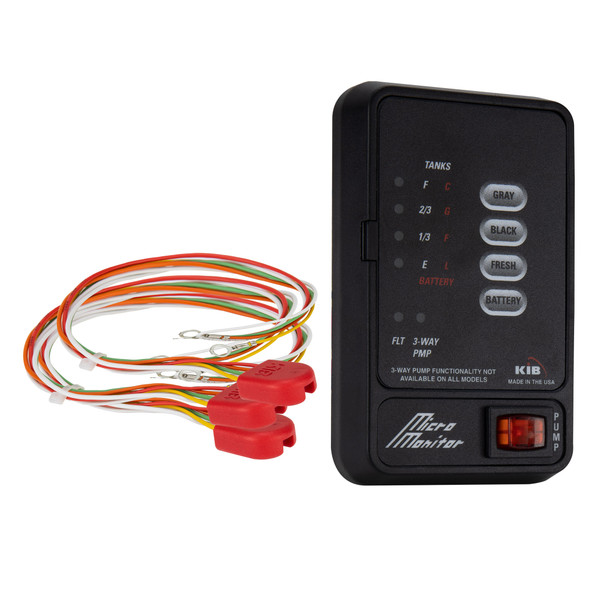
 $30.95
$30.95 -
img:corner-made-in-america-flag-overlay-80p.png

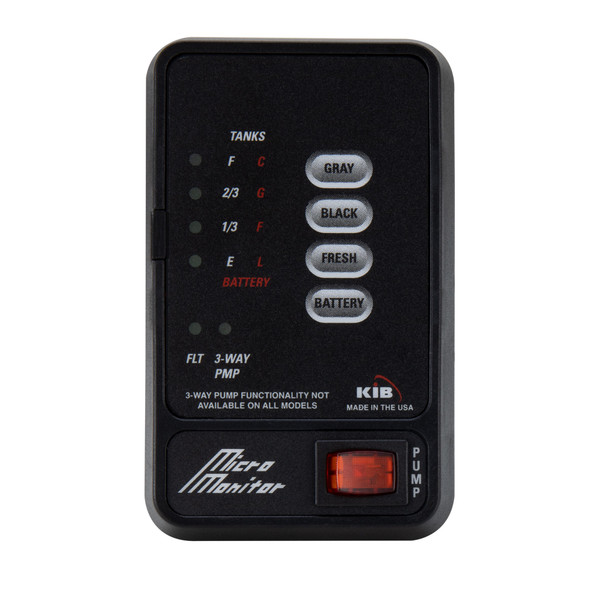 $55.95
$55.95 -
img:corner-made-in-america-flag-overlay-80p.png

 $46.95
$46.95 -
img:corner-made-in-america-flag-overlay-80p.png

 $46.95
$46.95 -
img:corner-made-in-america-flag-overlay-80p.png

 $72.95
$72.95 -
Out of stockimg:corner-made-in-america-flag-overlay-80p.png

 $7.95
$7.95 -
img:corner-made-in-america-flag-overlay-80p.png


RV Tank Spin Weld Fitting 1 1/2" FPT Flush Fitting (2 1/4" Hole Size)
RecPro®
$6.95SKU: RP-500111-SW$6.95 -
img:corner-made-in-america-flag-overlay-80p.png
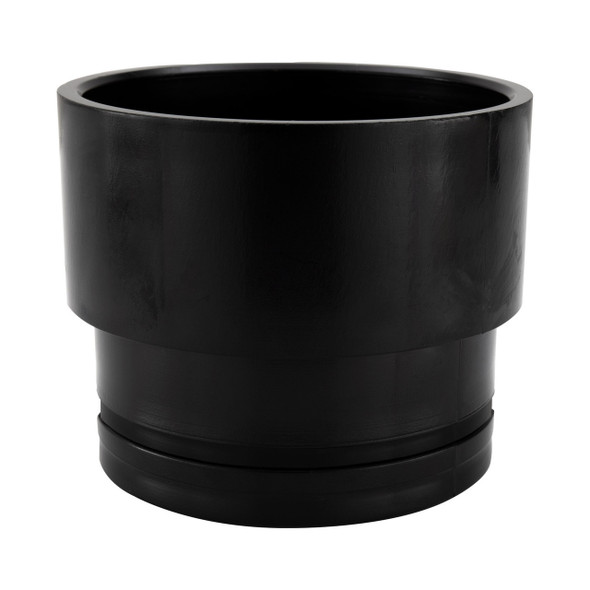
 $9.95
$9.95 -
img:corner-made-in-america-flag-overlay-80p.png
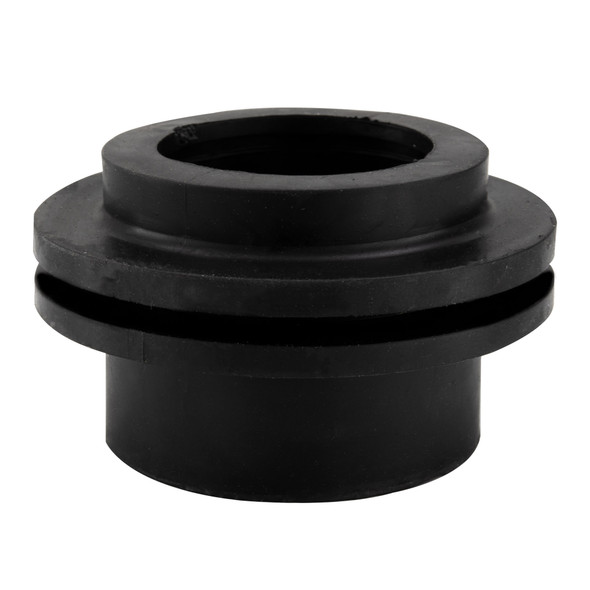
 $9.95
$9.95 -
img:corner-made-in-america-flag-overlay-80p.png
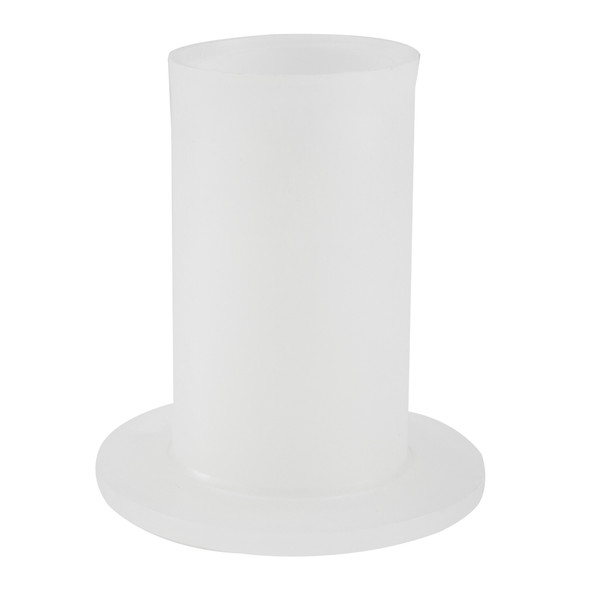
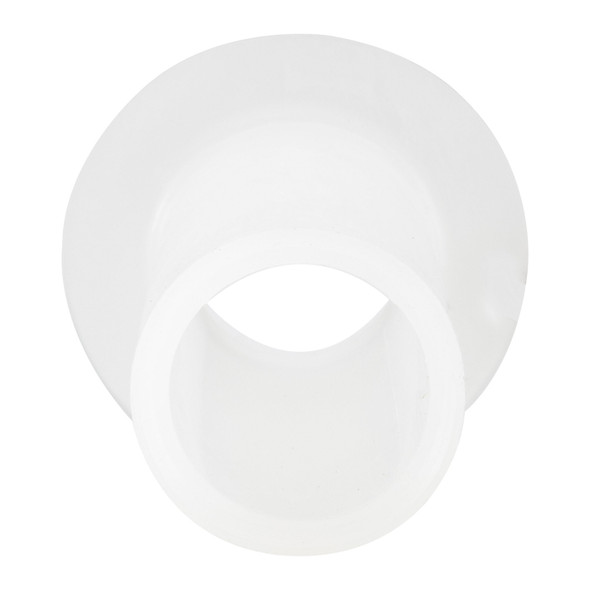 $10.95
$10.95 -
img:corner-made-in-america-flag-overlay-80p.png

 $9.95
$9.95 -
Out of stockimg:corner-made-in-america-flag-overlay-80p.png

 $9.95
$9.95
Explore one of the largest selections of RV water tanks on the market and find the right RV water tank for your rig at RecPro. RecPro has everything you need for your RV water system, including fresh water tanks, gray water tanks, and even black water tanks in sizes ranging from small and compact 5-gallon tanks to hefty 100-gallon RV water tanks and larger!
We’ve partnered with Elkhart Plastics Inc., a leading manufacturer of RV and marine tanks, to offer all the tanks and accessories you need, whether you’re tackling a new RV build or just replacing an old tank.
Fresh Water RV Tanks | Tank Heater Pads | Black Waste Water Tanks | Portable Waste Tanks | Gray Water Tanks | Tank Accessories | Tank Monitor Systems | Waste Valves
